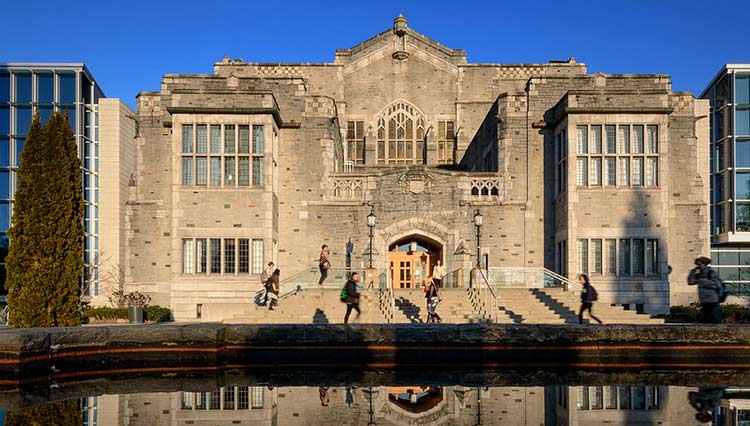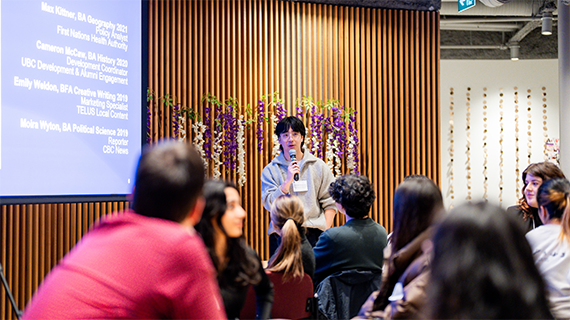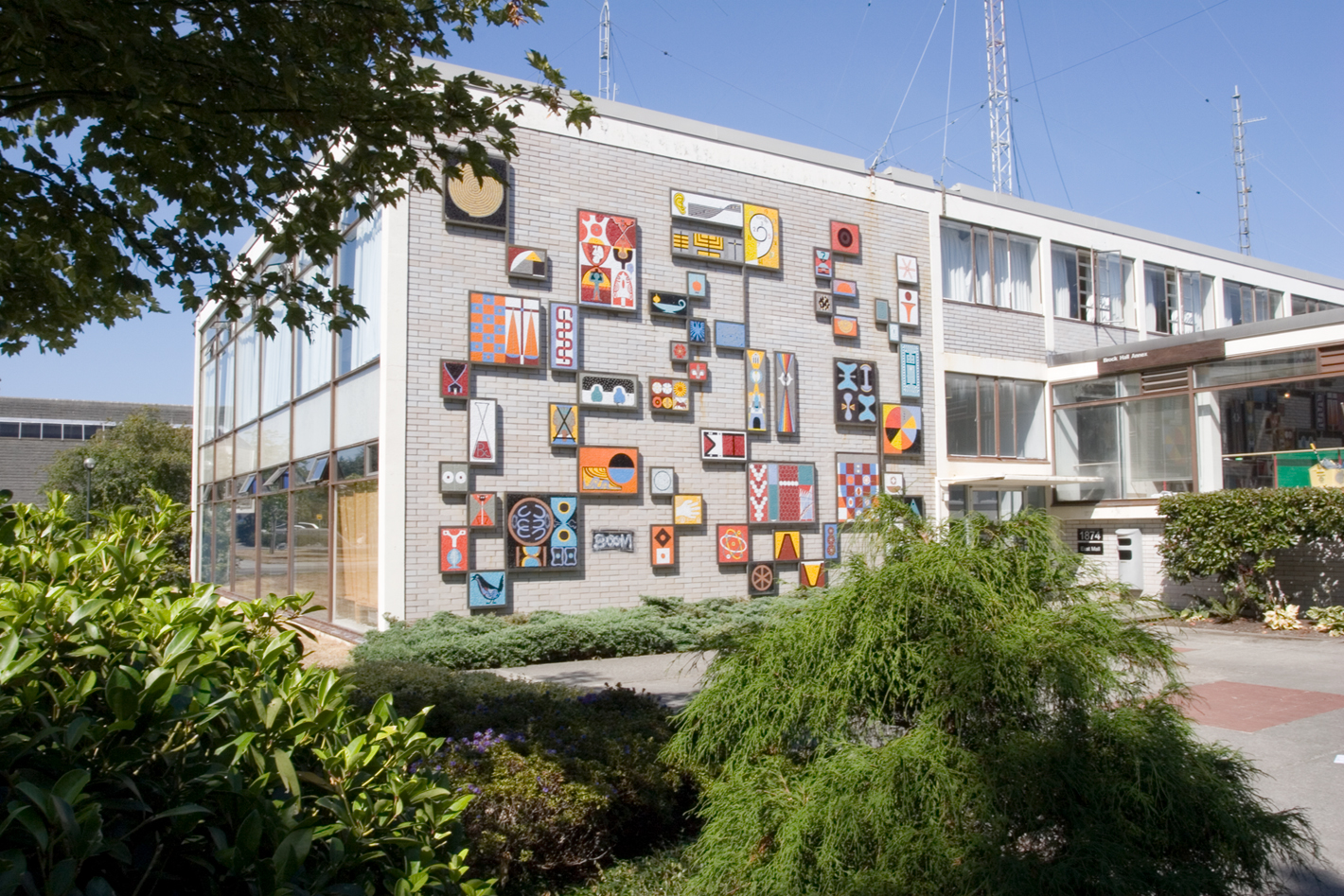

By Erin Catherall
What do you picture when you think of a librarian? Is it the popular stereotype of a lady with large glasses, hair tied tightly in a bun, stamping dusty old books? If it is, perhaps you should take a second look. Assistant Professor, Heather O’Brien, provides a contemporary view of librarians and the multiple opportunities available to students at UBC’s School of Library, Archival and Information Studies (SLAIS) as they celebrate their 50th anniversary.
UBC’s Faculty of Arts department, SLAIS, offers masters degrees in Archival Studies and Library & Information Studies. SLAIS also participates in a multidisciplinary Masters of Arts degree in Children’s Literature with four other departments. These programs educate students on how to present, manage and preserve recorded information and ideas. In addition, students learn important skills in identifying the needs of users in a variety of information settings.
With a wide range of programs available through SLAIS, students have the opportunity to work in many diverse fields. Some graduate students, for example, have gone on to work in records management, while others have become web architects or leaders of major corporations.
“Of course many graduates become librarians or archivists, but I think even these roles are changing,” said O’Brien. “Rather than being those stereotypes of people who stamp books, now there is a lot of emphasis on being an outreach person in the community. In addition, there is more focus on librarians as instructors, helping people locate and evaluate information.”
Over the past decade, there has been an increasing shift towards a more digitalized world. As a result, libraries have begun to adopt alternative means for accessing this new information. It is important to note however, that while we are beginning to see drastic changes to studying the availability and formats of information, information professionals still have to address those who do not have access to these digital resources.
“While the move towards e-books and other technological devices may be seen as competition for libraries, I tend to think that people will always need assistance in navigating an increasingly complex informational world,” said O’Brien. “As information professionals, our role is to assist you.”
Today, programs like library studies are undergoing significant and exciting transformations. Learning to address the needs of users is at the forefront, whether that be digital or non-digital. More students are also coming in with diverse academic and professional backgrounds which allow programs like SLAIS to be more dynamic and well-rounded.
“Our programs are growing,” said O’Brien. “We are seeing a lot of growth in those areas with students coming in from such diverse backgrounds and areas of understanding. I really think they are going to be the catalyst for where the information professions are going to go.”


